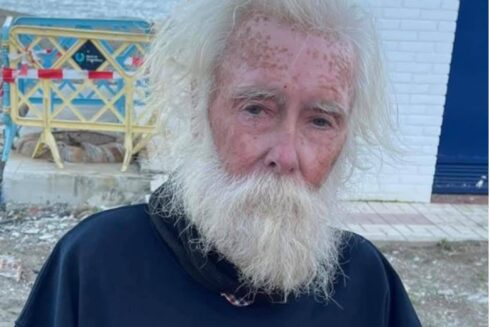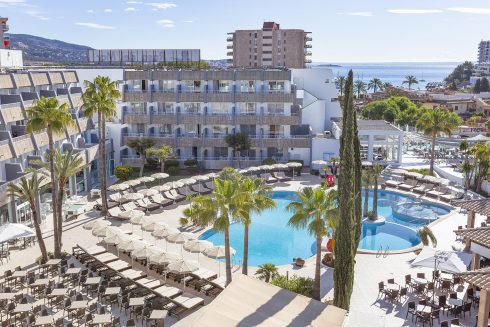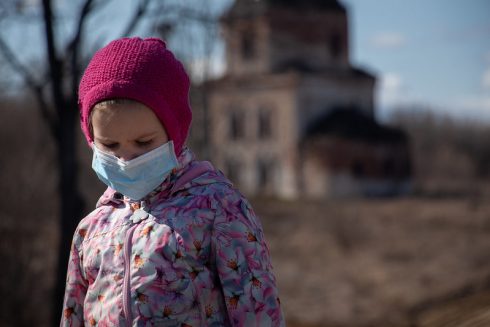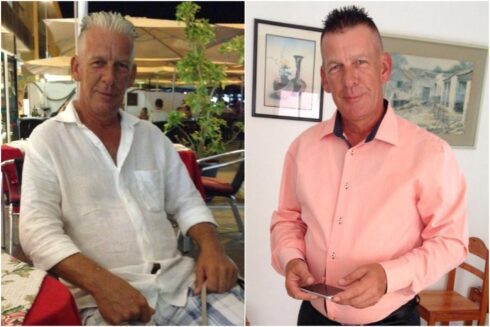TO many they are symbols of state power over the common people, used to control protesting crowds.
But Spain has found a new use for truck-mounted water cannons – they have been adapted to disinfect streets and clean them of the coronavirus.
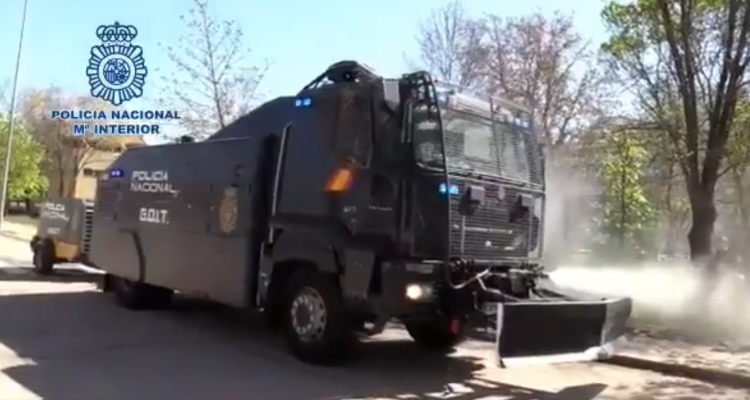
Now Spain’s Policia Nacional has been sharing its knowhow with police forces throughout South America via the AMERIPOL organisation so those nations can benefit from the hard-earned experiences of Spain.
The Mechanical Engineering department of the University of Alcala de Henares offered police specialist equipment developed in the European COUNTERFOG project.
This includes nozzles specially developed to counter coronavirus by spraying the disinfectant solution in nanometre-sized particles.
These are the same size as the virus and are therefore much more effective in killing it.

By spraying the air, the tiny particles of disinfectant float free and attack the virus in mid-air, meaning the cleansing is effective in open spaces as well as indoors.
Police say the effectiveness of the system has been scientifically proven and allows the total disinfection of large open areas such as city squares and parks.
The Policia Nacional has shared its experience through a video conference held with representatives of 68 specialised police units from 15 member countries of AMERIPOL – a police liaison organisation similar to Europol in the Americas.



